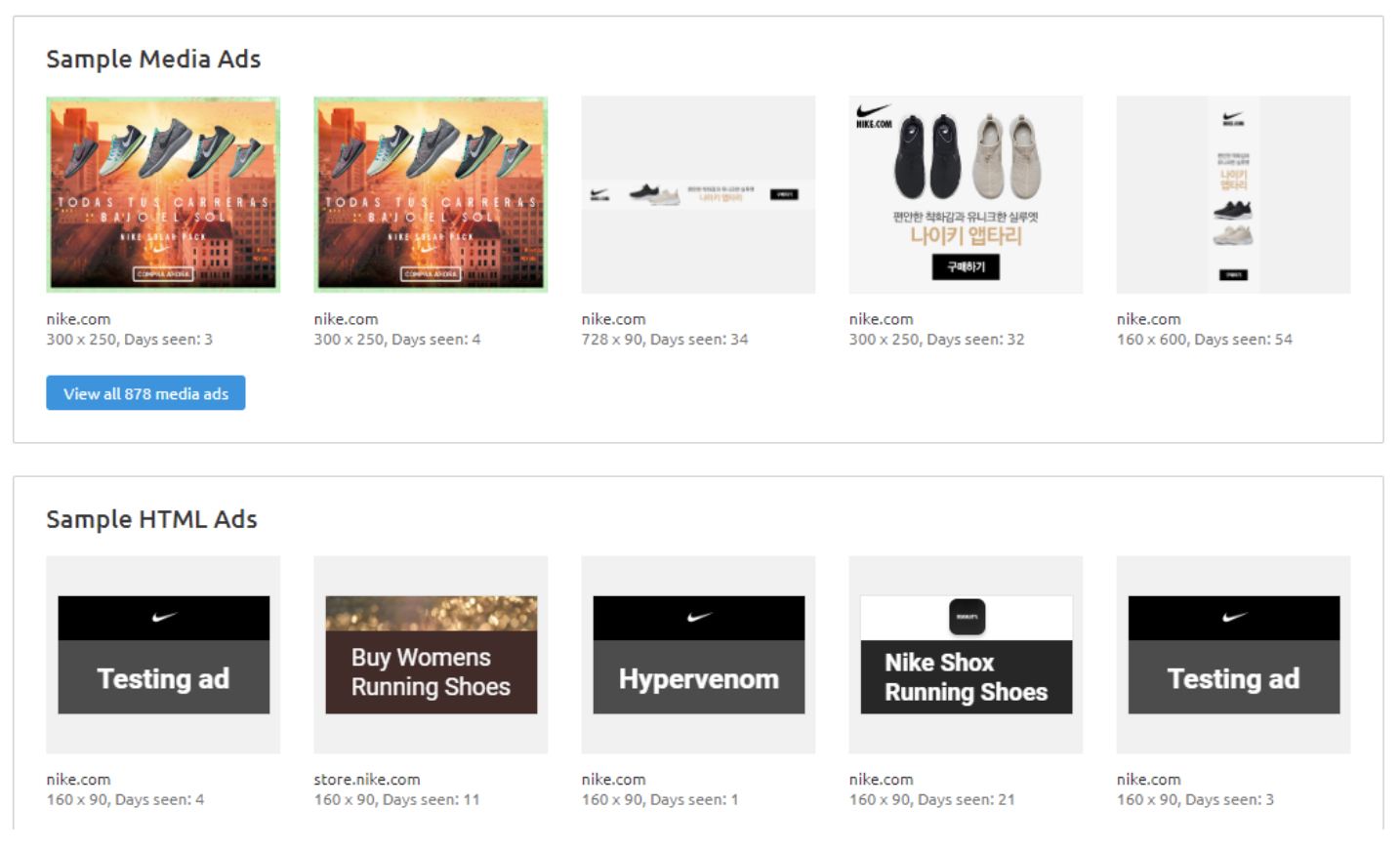If you have a business, you need a website. People expect the companies they come in contact with to have information online that they can find easily.
Creating a website is just the first step, though. The internet is a crowded place, and it’s only getting bigger. There are currently more than 1.8 billion websites, and they’re all competing for attention.
So, what does that mean to the consumer who wants to quickly and easily find your website?
It means it’s up to you to make yourself visible. It means you need a marketing strategy and a strong set of SEM tools to guide you along.
Why do I need SEM tools?
You need tools because you can’t just whip up an SEM campaign, set it free and hope it brings back some leads. You need a strategy behind your marketing plans, and the best way to create intelligent SEM campaigns is by using the right tools.
Luckily, there are plenty of options out there, and they’re easily accessible. We’re here to help you find the right SEM tools for your marketing plan.

But first, a clarification
There are a lot of acronyms in the marketing world, and some are nearly identical – like SEO and SEM. These are not the same thing.
You may already know what SEO stands for (but just in case, it’s search engine optimization). It includes all the things you do to your website to increase its ranking in search results, like targeting high-intent keywords, earning backlinks and creating quality content.
SEM stands for search engine marketing and was once an umbrella term that included SEO as well as paid search. As internet marketing has evolved, SEO began to be thought of as its own unique entity, and SEM became colloquially synonymous with paid search, like using paid ads, creating ad groups using smart keywords and monitoring relevant metrics.
You’ll still hear some marketing pros hold true to the original view that SEM is an umbrella term, and there’s no harm in that. But it’s important to note that, most of the time, SEM solely means paid search.
Ok, now that we’ve got that clarification out of the way, we can talk about the best SEM tools you can use today:
1. SEMRush
Cost: Pro: $99.95/month; Guru: $199.95/month; Business: $399.95/month
At Brafton, we use SEMRush frequently for keyword research, competitor analysis, SEO checkups and content mapping. One useful tool available in SEMRush is its display advertising analyzer.
Display ads are a popular SEM technique, helping digital marketers target potential customers with keywords and images that will draw them in. SEMRush’s display ad analytics gives users the ability to review what their competitors are doing, or look at various display ads that include a particular keyword. When looking at a competitor’s display ad strategy, SEMRush can even break down the types of ads they use. For example, Nike invested in a variety of ad types, focusing more on media ads but also having a healthy amount of text and a few HTML ads.

Scroll down a little further, and we can see specific examples of their ads:

Another great function within SEMRush is the the competitor analysis tool. This shows you what keywords your competition is ranking for, and which terms you should be targeting. With this valuable information, you can create an SEM strategy to gain traction on those keywords you may be missing out on.
2. Keyword Tool IO
Cost: Basic: free; Pro Lite: $48/month; Pro Basic: $68/month; Pro Plus: $88/month (annual subscriptions that cost more upfront but less in the long-term are available, too)
Keyword Tool is one of the more effective free SEM tools to bring into your campaign strategy because it can bolster your keyword research. Enter your keyword, and it’ll give you more than 750 long-tail keyword ideas. It works by taking the Google Autocomplete feature and analyzing it to draw out related terms you might not find on your own.
Here’s how the autocomplete feature works: Google takes a guess at what you’re about to type based on the most popular and trending queries that begin the same way. With this information, you can invest in the most relevant paid search terms for your audience.
Keyword Tool extracts predictions that are hidden in the Google Keyword Planner. The Keyword Tool Pro gives added insight into autocomplete suggestions for YouTube, Bing, Amazon, eBay and the App Store.
3. Screaming Frog
Cost: The SEO Spider is free up to 500 URLs or £149.00/year (about $193.31) for more.
Screaming Frog is great for running an SEO audit, which every company should do a couple times annually. Once every or every other quarter will help you quickly identify issues that are holding you back in SERPs.
Even though this is technically more on the SEO side of things, getting to know the issues in your website is so critical for SEM that it’s worth noting here.
The Screaming Frog SEO Spider is a downloadable program. First, it’ll crawl your site and show you issues like 404 errors and broken images. It’ll also list out your page titles and H1 and H2 tags so you can review them to make sure they’re accurately descriptive and useful. When the crawl is complete, Screaming Frog offers a feature that lets you easily create an XML sitemap. All of these features are available in the free version, but the paid platform has even more capabilities like a custom source code search and Google Analytics integration.
4. Crazy Egg
Cost: Basic: $29/month; Standard: $49/month; Plus: $79/month; Pro: $189/month (but you get a 30-day free trial first)
Wouldn’t it be nice to be a fly on the virtual wall while your customers navigate your website? You could see what works and what doesn’t so you can make helpful changes to the site.
Crazy Egg lets you be that fly.
Heat maps and recording tools let you see the journeys people take through your website. This can show you where they get stuck or confused. What could be more helpful when trying to optimize your site for usability?
I’ll tell you: A/B testing that lets you see which version of your site works best. Yep, Crazy Egg does that, too. Best of all, you don’t need to know anything about programming to implement changes to the site to use the A/B testing capabilities.
More great SEM tools we love
These four are high up on our ranking of the best SEM tools, but it’s an incomplete list. The truth is, there are tons of great services out there to help companies large and small amplify their internet marketing efforts. Here are a few we didn’t have room to detail, but are worth checking out:
Do you have a go-to SEM tool we didn’t list here? Tell us all about it in the comments below.





